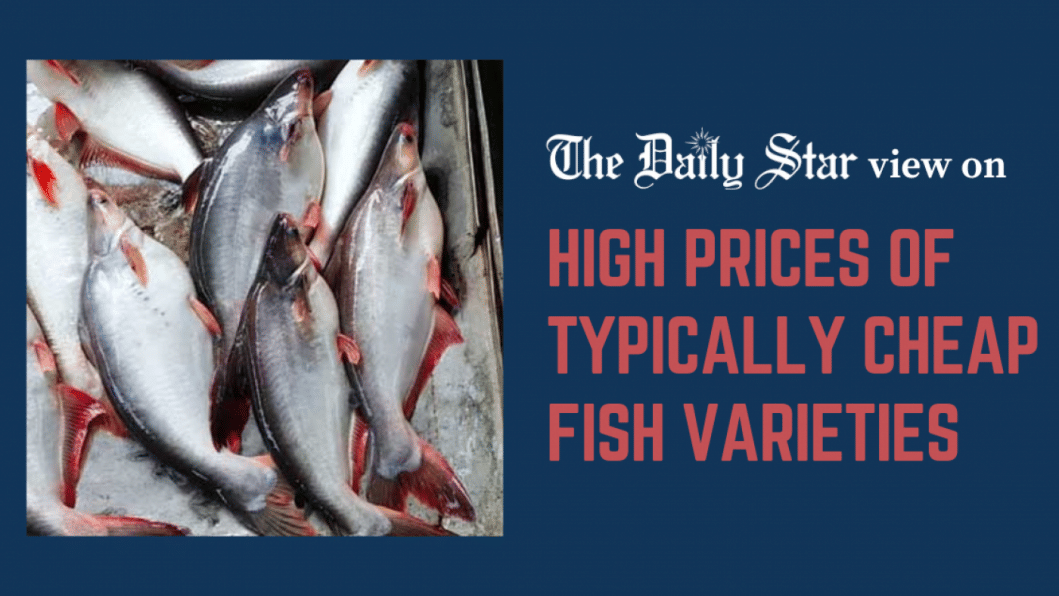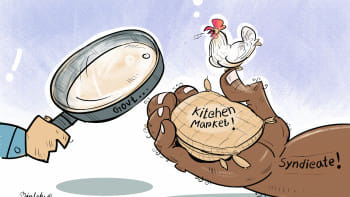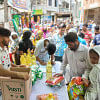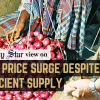What’s driving up fish prices?

It's distressing to see how nutritious foods that were once accessible to people with lower incomes are fast getting out of their reach. Even traditionally cheap items known as the "poor man's protein" are getting pricier. Over the past few months, we have seen how the prices of eggs followed that of broiler chicken to register an astronomical increase. Another food item to be following the same trajectory is fish, especially pangas. According to a recent report, in 2021, each kg of small-variety pangas sold at Tk 111, but now you have to pay Tk 200-220, with the larger varieties costing around Tk 250.
Prices of other farmed fish varieties such as tilapia, koi, rui, and katla have also increased a lot. The question is, how will the poor access essential nutrition if all available sources of protein in the market become expensive? Lower-priced fish and poultry products used to be considered an affordable alternative to beef and mutton, which have long become the preserve of the affluent (one kg of beef currently costs Tk 750-800 – equivalent to about three days' wages of a rookie garments worker). But those days seem to be over now. According to a 2022 study of the World Food Programme, only 17 percent of families in the country were able to eat enough nutritious food including fish and meat. That number has likely declined further by now.
The abnormal price rise has not been limited to fish and meat, of course. Other essential items like rice, lentils, oil, sugar, and flour have also seen a similar pattern. Recently, prices of onion have witnessed a sharp hike due to a 40 percent tariff imposed on imported Indian onions. The cumulative effect of all this is that people are being compelled to adjust their diets and cut back on consumption. And when once-economical sources of protein become expensive, it is the poor that suffer disproportionately, especially children and pregnant women who need them most.
The reasons why prices of fish, and other farm products, have soured are not unknown. While the fallout of the Russia-Ukraine war and the government's decision to raise fuel prices did combine to drive up import/production costs, an equally significant factor has been the failure of relevant authorities to reduce their effect through better regulation and monitoring. This is inexcusable given the massive suffering it has caused. We urge the authorities to bring back prices of essential foods within the reach of the poor.


 For all latest news, follow The Daily Star's Google News channel.
For all latest news, follow The Daily Star's Google News channel. 










Comments